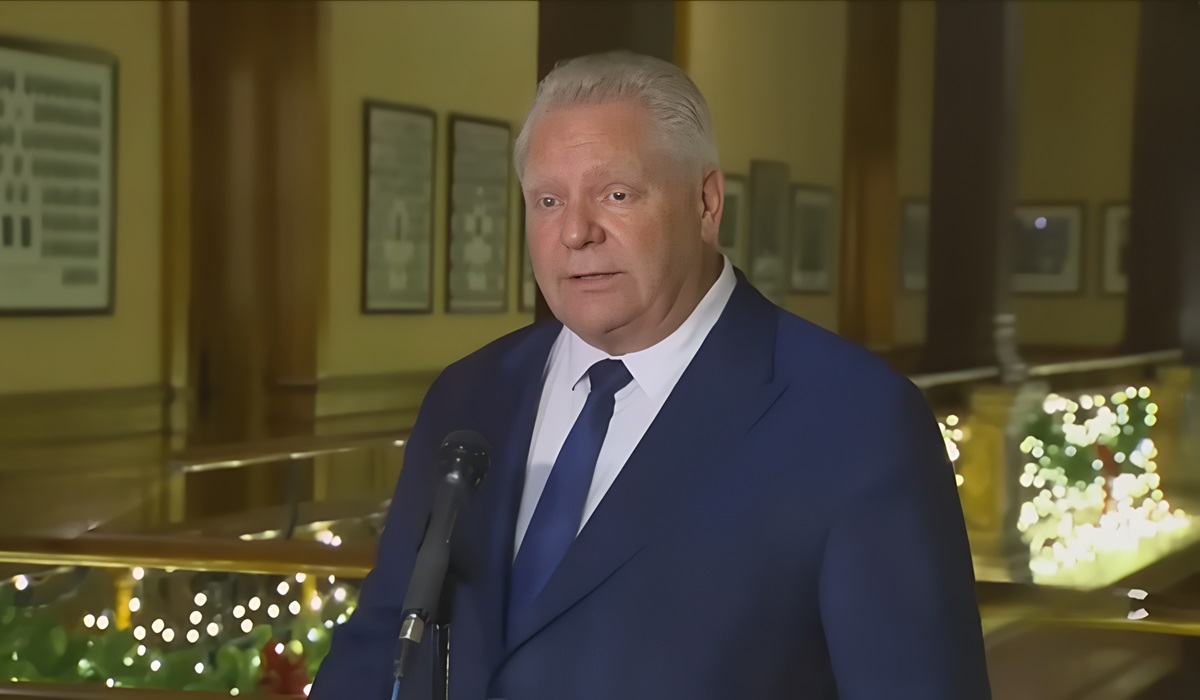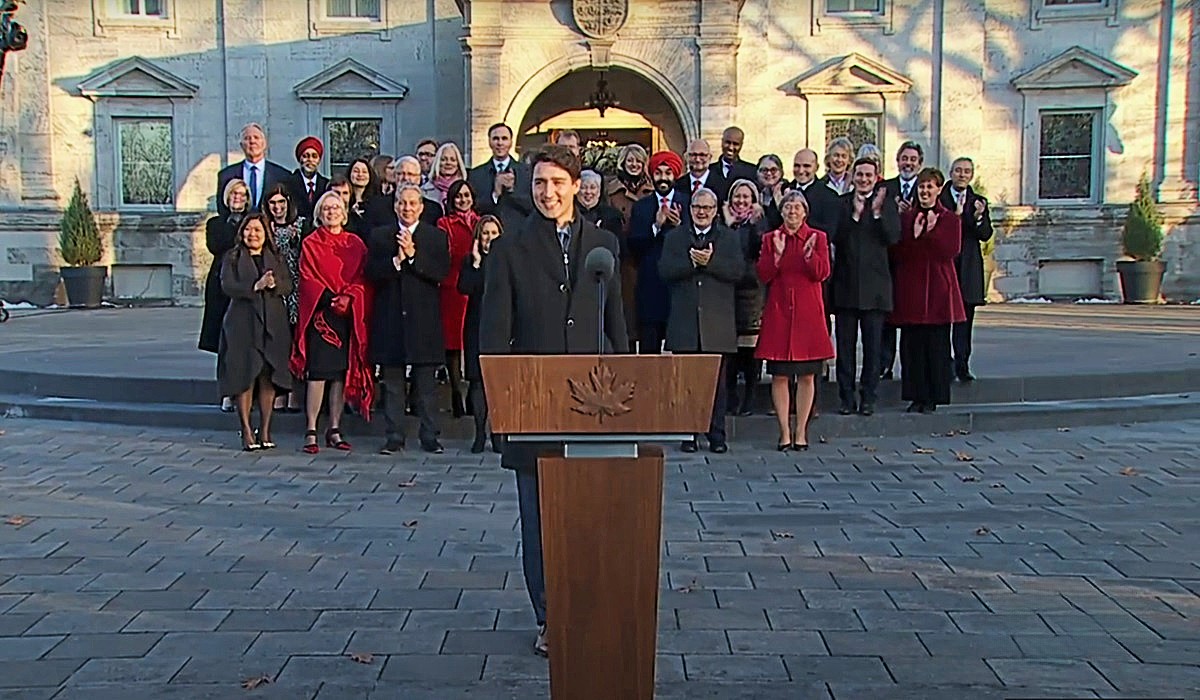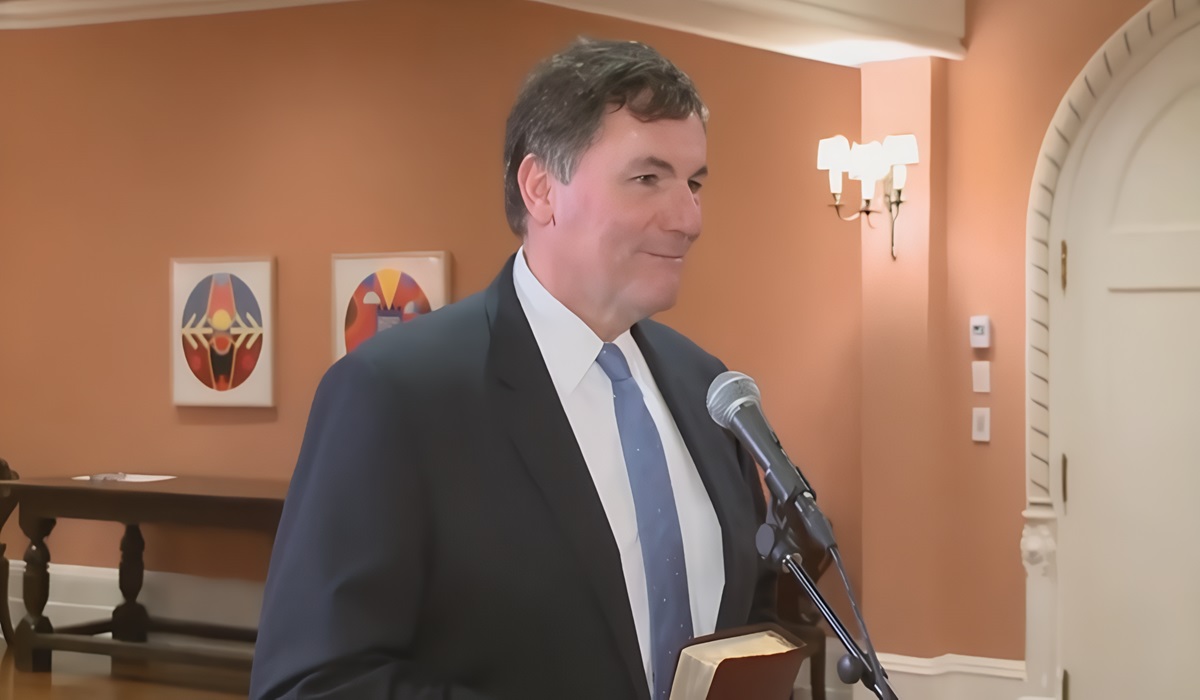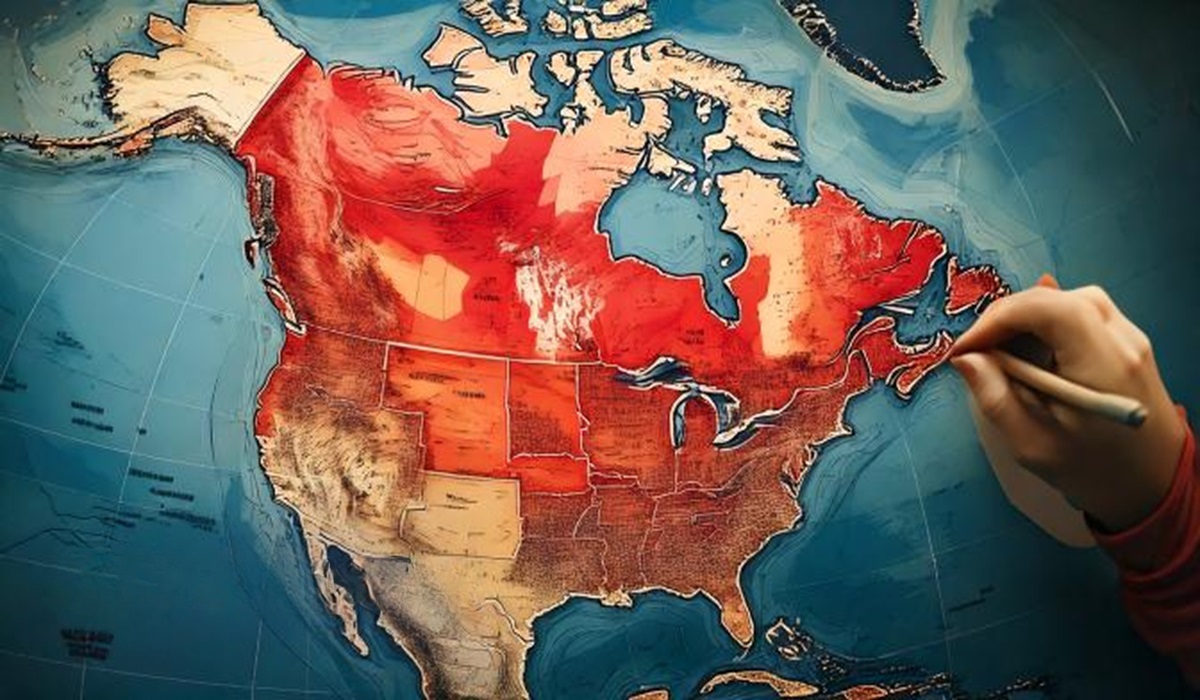Canada’s Votes For Ceasefire In Gaza, But Why Did It Take So Long?
- Ingrid Jones
- Canada
- December 13, 2023
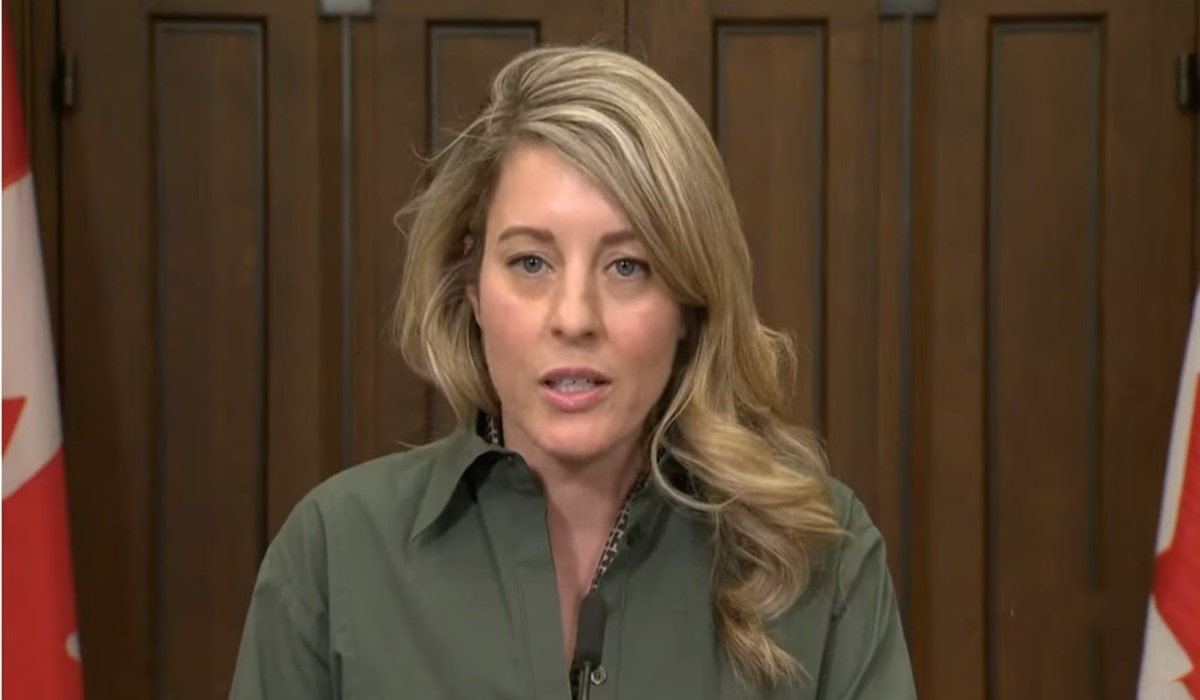
Foreign Affairs Minister Mélanie Joly’s decision to support a non-binding UN resolution for a Gaza ceasefire gained backing from 153 nations, while 19 opposed and 23 abstained. The resolution, co-sponsored by Egypt and 22 Arab countries, addresses the escalating conflict.
The delayed response has sparked concerns about the effectiveness of Canada’s Foreign Affairs Department, with critics citing Joly’s perceived global inexperience. Calls for her potential removal in the next Cabinet shuffle grow louder.
In response to the crisis, Minister Joly stated, “Since October 7th, on Israel by Hamas, over 18,000 Palestinian civilians in Gaza have lost their lives. Thousands of children are now orphans, facing dire conditions with limited access to essential resources. Recognizing the unfolding tragedy, Canada, along with Australia and New Zealand, supports the international call for a humanitarian ceasefire.”
The US Ambassador to the UN, Linda Thomas-Greenfield, maintains the stance that Israel has the right to defend itself, referencing the October 7 attack. As the conflict intensifies, questions arise about the nature of the war, pondering whether it verges on ethnic cleansing or genocide.
The staggering toll on Palestinian lives, particularly children, emphasizes the urgent need for action. Critics question the nearly two-month delay before Canada aligned with the majority advocating for a ceasefire.
Canada’s historical commitment to independent foreign policy decisions, exemplified by not participating in the Iraq war under Jean Chrétien’s leadership, highlights the importance of autonomy in addressing the Gaza crisis. The delay is perceived as a departure from Canada’s tradition of standing up for justice and humanitarian principles. Urgent and effective diplomatic action is necessary to uphold Canada’s commitment to global justice and human rights.





